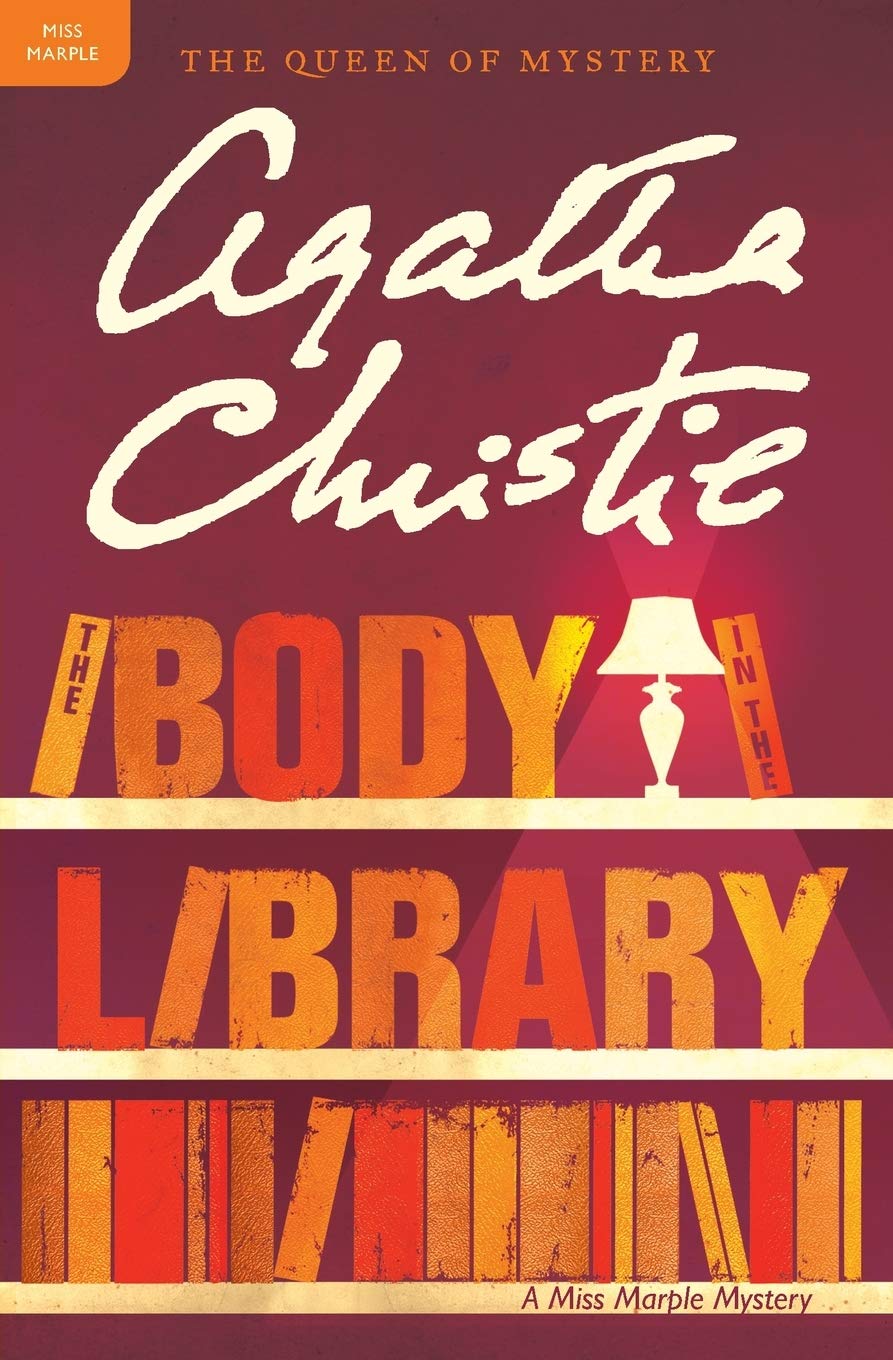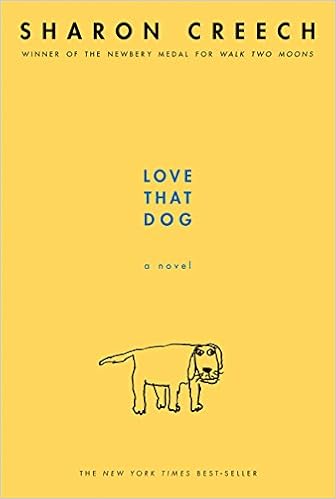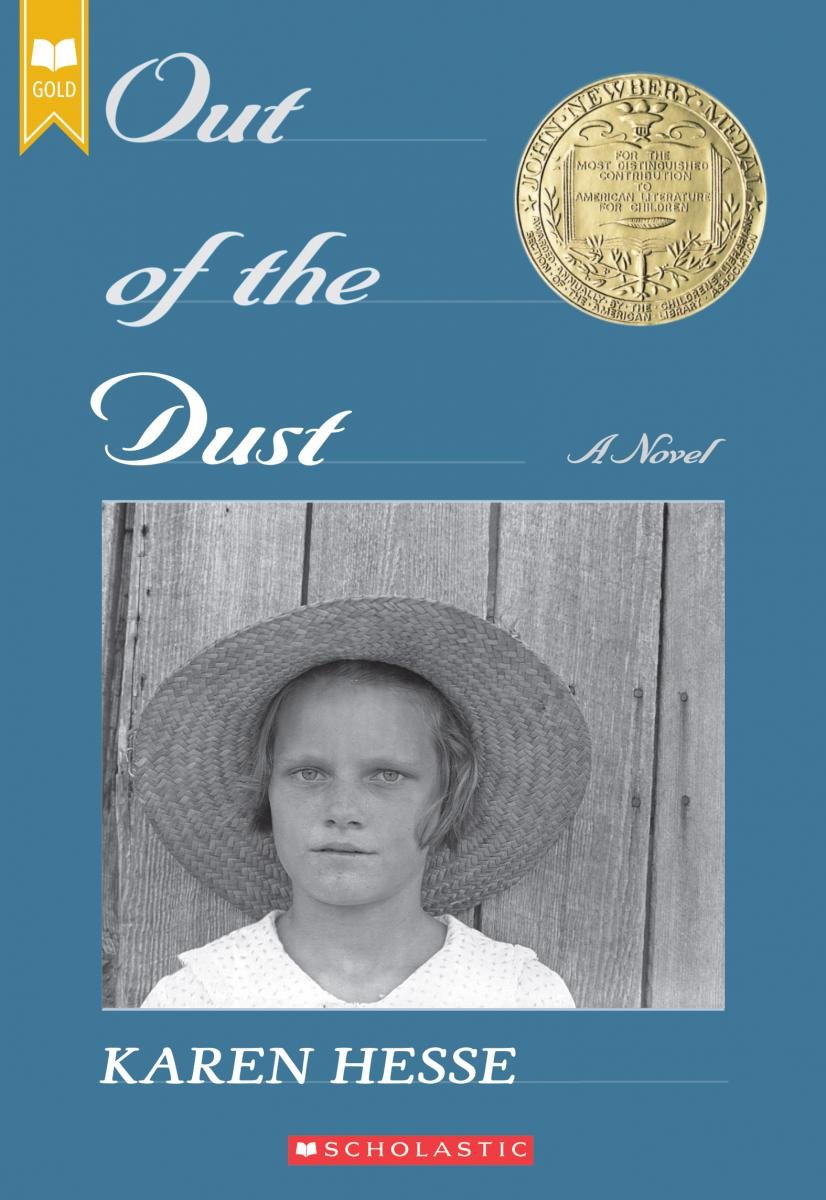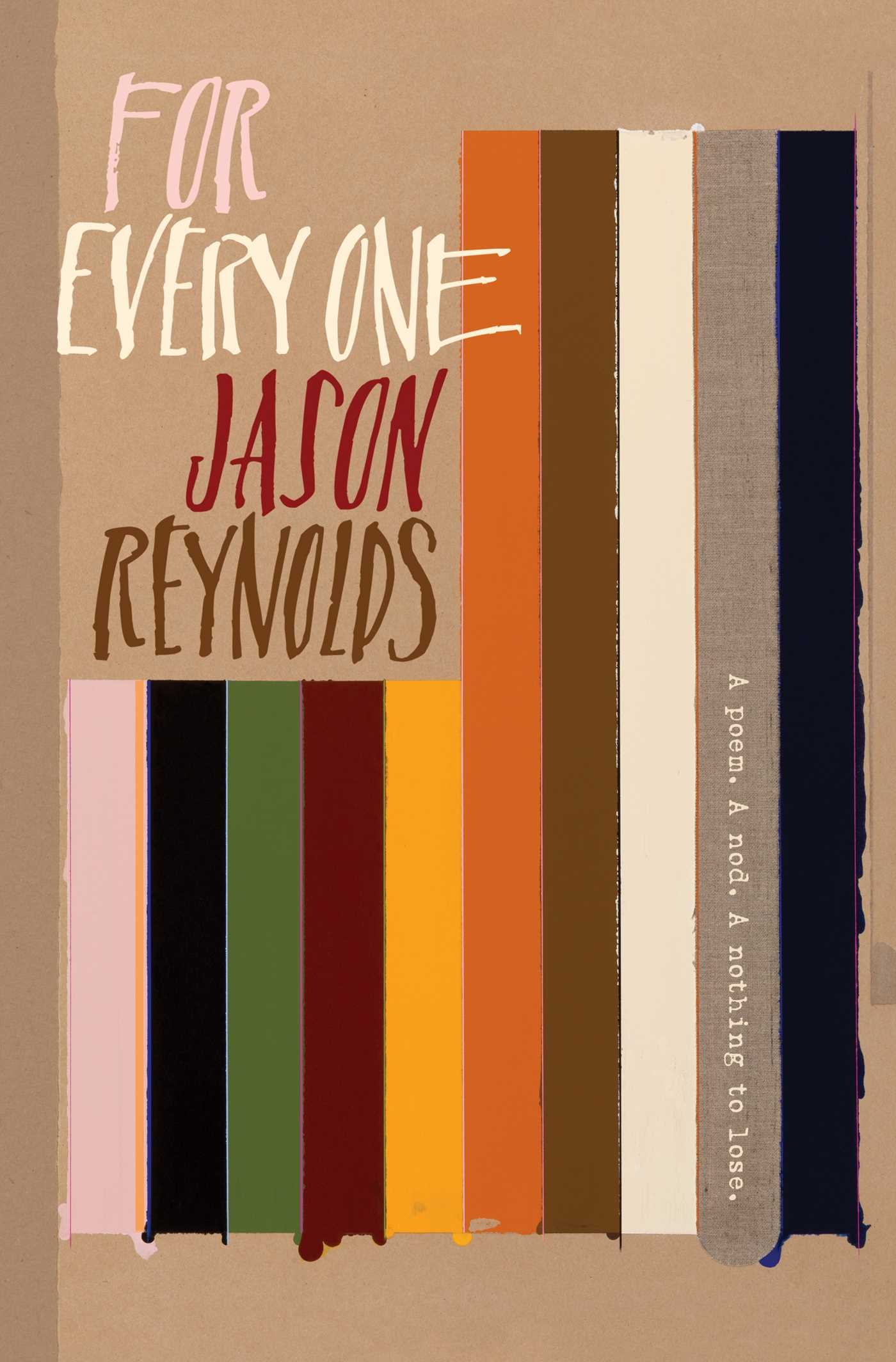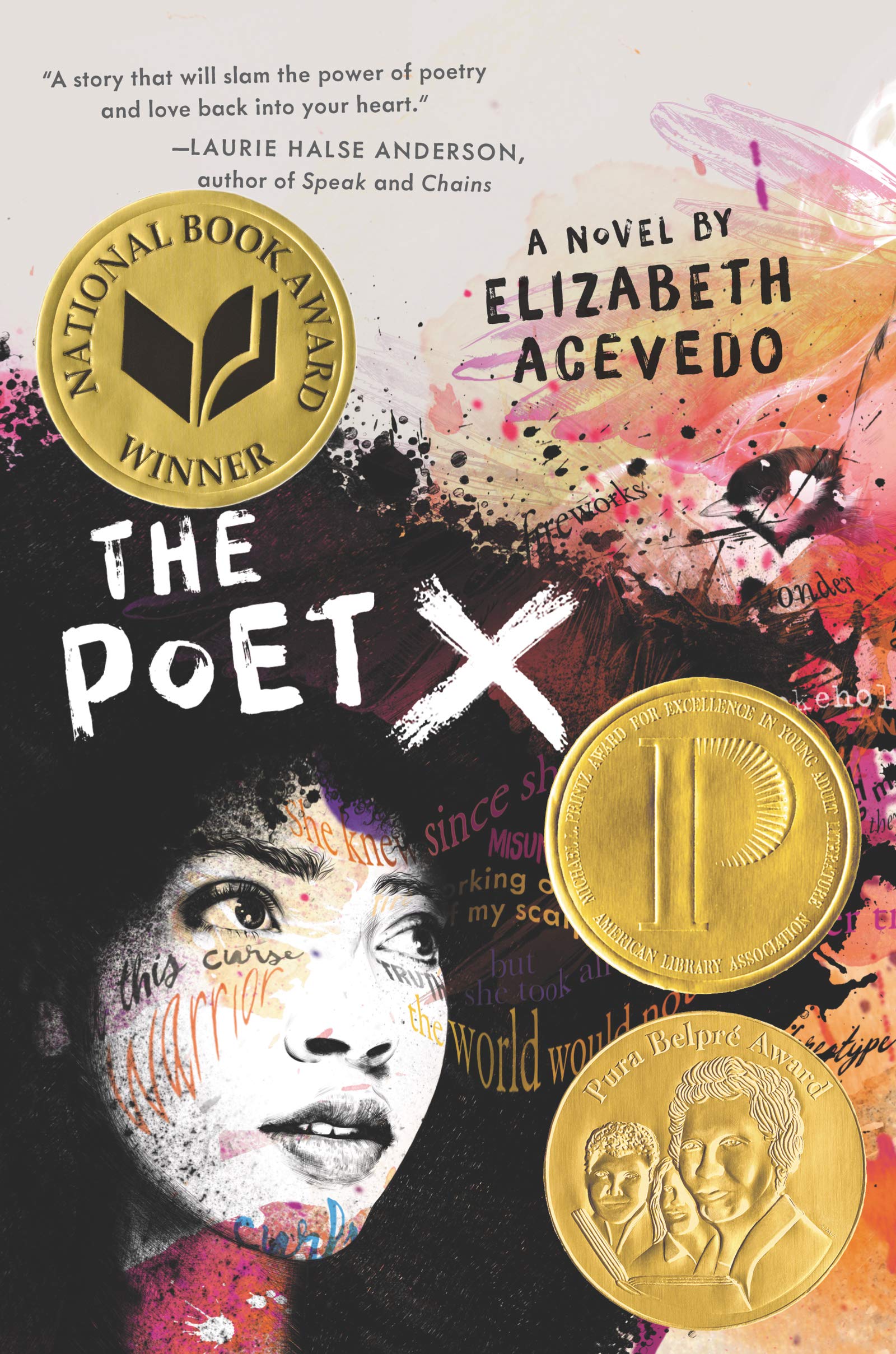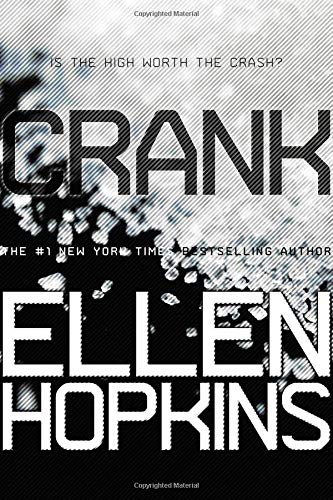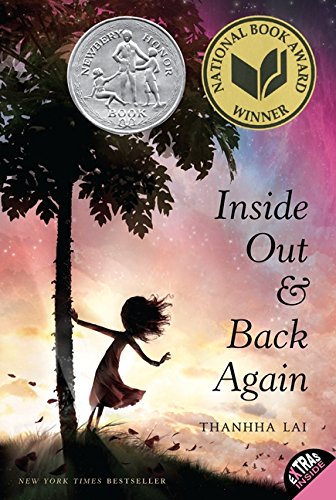So, April 4-10 was National Library Week and even though I am a little late there is no better way to celebrate libraries than reading books about books. Here are just a few exceptional stories in which libraries, librarians, and books play a significant role.
1. Matilda by Roald Dahl
I know that I have already been quite effusive in my love for Roald Dahl, but I can't seem to stop myself from including at least one of his books in every post. Like Matilda, I was a very precocious reader as a young girl; even though I was not quite reading Dickens at at age four. I can relate to Matilda's weekly sojourns to the library and her use of books as an escape mechanism.
The books transported her into new worlds and introduced her to amazing people who lived exciting lives. She went olden-day sailing with Joseph Conrad. She went to Africa with Ernest Hemingway and India with Rudyard Kipling. She traveled all over the world while sitting in her little room in an English village.
Now that I am a children's librarian I cannot help but admire the kindly Mrs. Phelps who helps Matilda on her road to becoming a prolific reader. One of my absolute favorite lines from any literary librarian is: "And don't worry about the parts you can't understand. Sit back and allow the words to wash around you, like music."
2. Escape from Mr. Lemoncello's Library by Chris Grabenstein
Well, I guess it isn't really surprising that a children's book about the most fantastic library ever imagined was written by an actual children's librarian. You already know that I adore Roald Dahl and Escape from Mr. Lemoncello's Library is like a zany trip through Wonka's factory if it was filled with books rather than candy. Part mystery, part comedy, part treasure hunt, and all fun. Every kid (and adult) will want Mr. Lemoncello to build a library in their hometown
3. Bats at the Library by Brian Lies
There are oodles of picture books about libraries, but Bats at the Library really soars above the others. Yep, that was the corniest pun ever! Using brilliantly detailed illustrations and a lively, rhyming text, Brian Lies tells the story of a colony of bats that the library after closing time. Readers young and old will get a kick out of identifying all of the literary references acted out by these bat bibliophiles. I particularly adore the bat as Blind Pew from Treasure Island based on the original illustration painted by N.C. Wyeth.
4. Inkheart by Cornelia Funke
What reader has not fantasized about a beloved character stepping off the page and into the real world? The Inkheart trilogy, though, proves that fiction coming to life may not be as wondrous as imagined. When Meggie was just a toddler her father, Mo, read aloud from a fantastical book called Inkheart and miraculously brought several of the characters, including the story's diabolical villain and his henchmen, into their living room. Simultaneously, Meggie's mother was sent into the imaginary world of the book. Nearly ten years later, Meggie learns the truth of her mother's disappearance and also that she has inherited her father's magical gift. Now it is up to Meggie to banish the villainous Capricorn from the real world and rescue her mother from the pages of Inkheart.
5. Seven-Day Magic by Edward Eager
Seven-Day Magic is actually part of the Tales of Magic series written by Edward Eager during the 1950s and 60s. In this, the seventh and final book of the classic series, five children discover that the tattered library book they checked out magically brings to life anything that they imagine.
Obviously, I included Seven-Day Magic in this post because the story revolves around a magical library book. However, I highly encourage everyone, young and old, to read the entire Tales of Magic series. First of all, the books in the series are very much intertwined with recurring characters are references to previous adventures (but they do stand alone too). Most importantly, though, Eager's books are delightful and timeless fantasies that you will want to read again and again.
6. The Neverending Story by Michael Ende
Most of us have imagined ourselves as the main character in our favorite stories, but young Bastian learns that he actually is the hero in the book that he is reading. Now if you have only seen the film version of The Neverending Story you are cheating yourself. Don't get me wrong, I love the 80s classic and I had a massive crush on Atreyu as a kid, but the movie only tells half of the story. The movie ends with Bastian riding Falkor, the luck dragon, after saving Fantasia from The Nothing. In the book, this is only the beginning of Bastian's adventures in Fantastic (which is what Fantasia is called in the book) as he uses wishes and imagination to restore the magical land.
7. Fahrenheit 451 by Ray Bradbury
I debated including Fahrenheit 451 in this post because Bradbury's bleak dystopian novel is a librarian's worst nightmare. Fahrenheit 451 was published in 1953 as a direct response to the threat of book burning during the McCarthy Era. In the future Bradbury creates society decided to do away with books because they contained too many dissenting ideas. Since books are outlawed anyone caught with one has their home and all of their possession burned by "firemen". Years of banning books has resulted in a society where the people do not read, write, converse, or even think. Rather, their attention spans have shrunk to the point that they do nothing but watch wall-sized television screens or listen to "seashell radios" that attach directly to their ears.
There is no denying that the message of Fahrenheit 451 is still relevant. Today we have computers, cell phones, video games, televisions, tablets, etc. all vying for our attention and as Bradbury stated "You do not have to burn books to destroy a culture, just get people to stop reading them." Even though people are spending less and less time reading, I choose to be optimistic that books will always hold a place of reverence in our world.
8. The Book Thief by Marcus Zusak
AAAAHHHH! More book burning! The Book Thief takes place in Germany during World War II when books were harshly censored and, yes, even burned. The story, which is narrated by Death (yeah, you read that right), revolves around a young foster girl name Leisel Meminger who is sent to live with an older couple outside of Munich. Leisel finds herself irresistibly drawn to books, sensing in them a an intrinsic magic that can dispel even the worst of nightmares.
There have been countless books written about World War II and, specifically the Holocaust, but The Book Thief is exceptional. Oh, the story will stomp on your heart harder than a pro wrestler, but don't let that deter you from reading it. There is also hope, beauty, and compassion that will make The Book Thief an enduring classic.
9. The Body in the Library by Agatha Christie
Ok, the library only serves as the location of the corpse, but, who cares, I am a sucker for deviously written whodunnit. Let's be honest, Agatha Christie is the Grand Dame of mystery authors. Personally, I prefer Hercule Poirot to Miss Marple, but The Body in the Library is an ingenious mystery that will have you bamboozled until the big reveal.
10. All Souls Trilogy by Deborah Harkness
Sometimes you just need to indulge in guilty pleasure reading. I must confess that I enjoyed every page of this paranormal romance. When history professor and witch, Diana Bishop, discovers an antiquated alchemical text it attracts the attention of other creatures including a very handsome vampire, Matthew Clairmont. The two fall in love despite relationships between vampires and witches being forbidden by an ancient covenant. Yes, there are parts of the story that are pretty hokey (like when Diana and Matthew go to a yoga class together), but there is plenty of action, steamy romance, and intriguing characters. Not only do the two main characters meet in a library, there are oodles of historical and literary references throughout the entire trilogy. In fact, the second book takes place entirely in Elizabethan England and there are appearances by Christopher Marlowe, William Shakespeare, and Mary Sidney to name just a few.
11. Something Wicked This Way Comes by Ray Bradbury
Another ray Bradbury book. Not really surprising if you know anything about Bradbury and his passion for books and libraries.
"I am a librarian. I discovered me in the library. I went to find me in the library. Before I fell in love with libraries, I was just a six-year-old boy. The library fueled all of my curiosities, from dinosaurs to ancient Egypt. When I graduated from high school in 1938, I began going to the library three nights a week. I did this every week for almost ten years and finally, in 1947, around the time I got married, I figured I was done. So, I graduated from the library when I was 27. I discovered that the library is the real school."
"I spent three days a week for ten years in the library educating myself in the library, and it's better than college. People should educate themselves-you can get a complete education for no money. At the end of ten years, I had read every book in the library and I'd written a thousand stories."
In Something Wicked This Way Comes best friends, Will Halloway and Jim Nightshade, take on an evil carnival that ensnares the souls of its unsuspecting victims. With the help of Will's father, who is the custodian at the public library, the boys manage to resist the lure of the carnival and thwart its demonic proprietor, Mr. Dark. Bradbury's writing is absolutely bewitching and the story brims with stunning imagery of autumn, the carnival, and also the library which plays a pivotal role in the story of the two young protagonists.
"It was all so good, these blowing quiet October nights and the library waiting inside now with it green-shaded lamps and papyrus dust."
"Out in the world, not much happened. But here in the special night, a land bricked with paper and leather, anything might happen, always did."
"So when they talked again, it was still in whispers. Deep forests, dark caves, dim churches, half-lit libraries were all the same, they tuned you down, they dampened your ardor, they brought you to murmurs and soft cries for fear of raising up phantom twins of your voice which might haunt corridors long after your passage."
There you have it. Eleven books about libraries, librarians, books, and/or reading to make you realize how important libraries are. I know that I could add more, but this post is already pretty long-winded. Keep reading and don't forget to support your local library!





.jpg)





